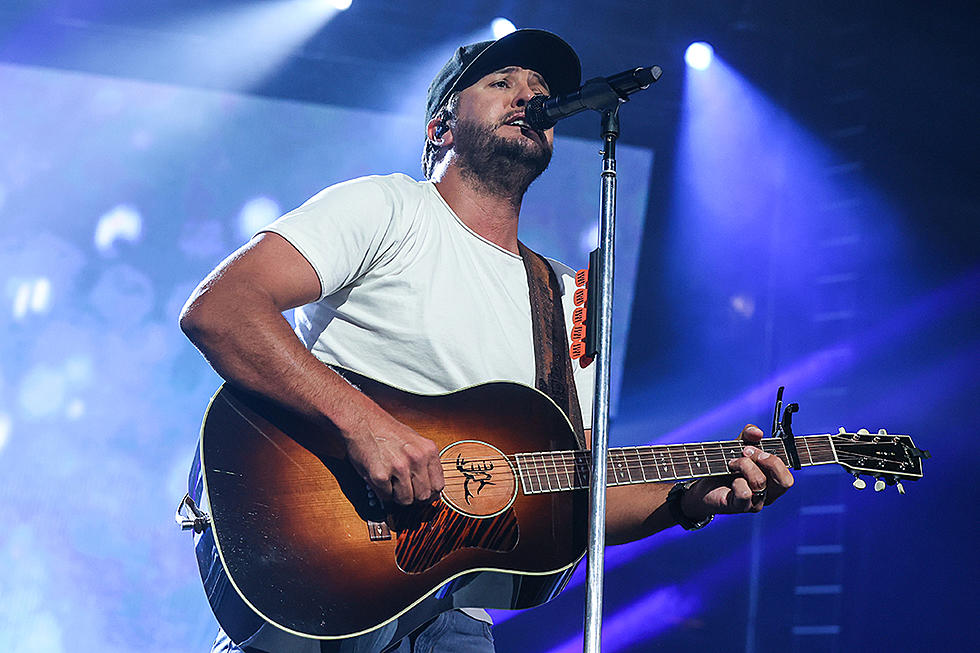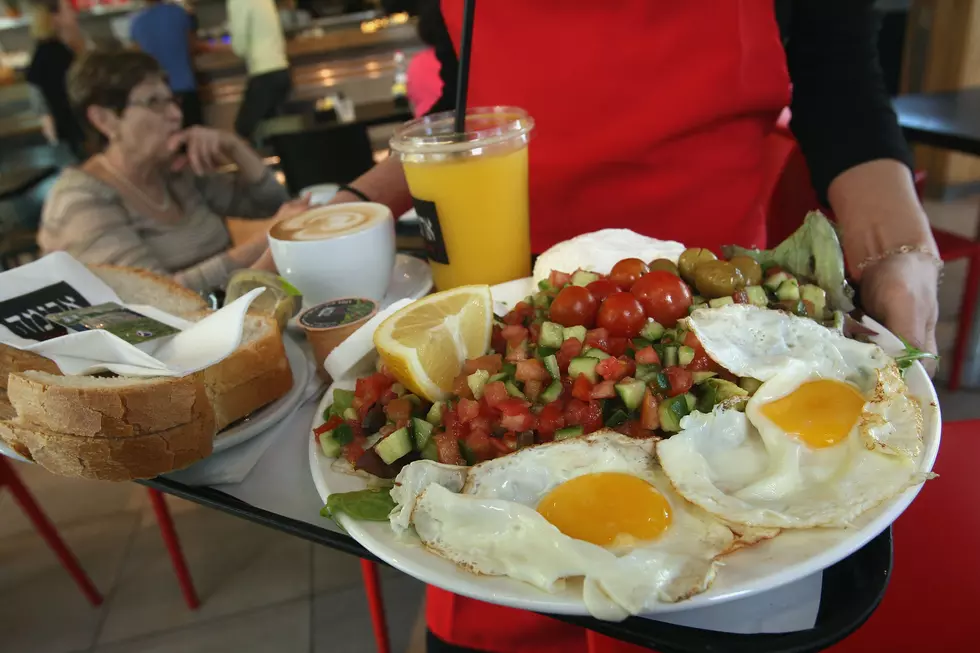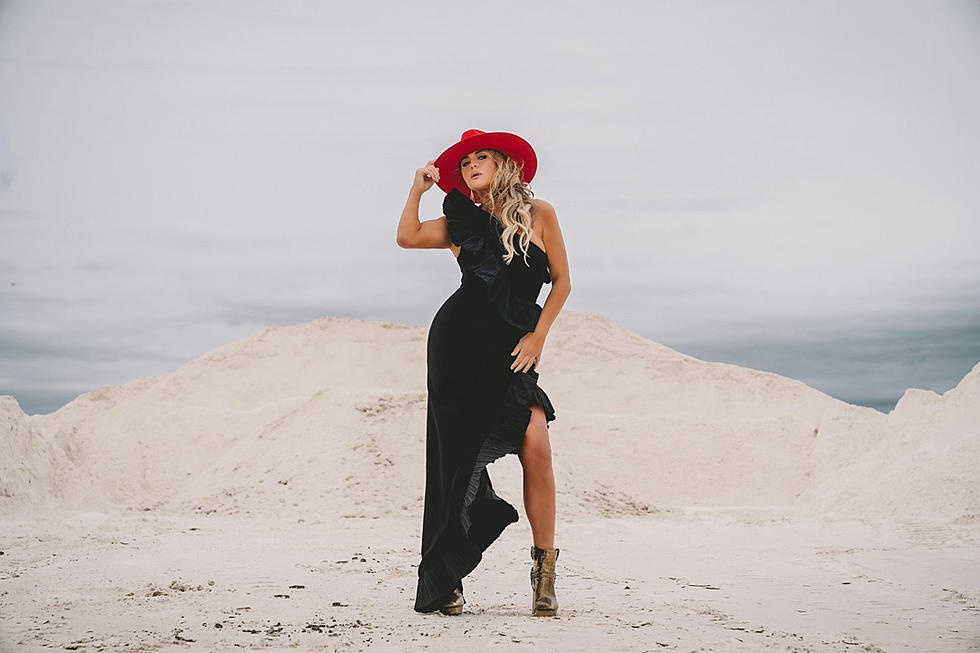
Interview: Yola Asks to Come Together With Newest Album, ‘Stand for Myself’
“No thanks will come your way when you’re living in the center of a circle made to break,” Yola sings early on in “Be My Friend,” a compelling track from her newest album, Stand for Myself. In addition to warning powerfully against complacency, the lyric asks for meaningful connection across social, political and cultural division, a sentiment that echoes throughout both “Be My Friend” and the rest of the album.
“I’m often looking at it from the other side, which is yearning to be together,” explains Yola of these divisions and the way it feels to look toward those who sit on “the other side of the aisle” in both the United States and her native United Kingdom. “I can’t subscribe to the ‘divide and conquer’ mentality.”
That’s not to say, however, that she’s here for platitudes. “Allyship is loving, and it’s personal,” Yola points out, distinguishing true solidarity from the “hashtag allyship” she sees on social media. “Be My Friend” centers on this need for true allies who will be friends “not just when it’s convenient,” but when their support is necessary.
Yola has found the perspective to extend this outreach after a lengthy journey toward creative independence. After she originally got her start as a songwriter in the UK and ultimately found a home as a performer in Nashville, Stand for Myself (released at the end of July) represents a new era of agency for Yola that’s clear across both its title track and the confidence that characterizes the album.
This agency, Yola notes, is a partial byproduct of the COVID-19 pandemic. The isolation and inability to meet physically with her collaborators forced her to “bring everything [she had] to the fold” in the creative process, something that ultimately became a guiding philosophy in production.
Another change on Stand for Myself is Yola’s new familiarity with Nashville. “The last time I’d written a record, I hadn’t met anyone yet,” she reminds The Boot over the phone, reflecting on early trips to the city, when she'd typically stay in a spare room at Allison Russell’s house that was normally occupied by Rhiannon Giddens. “I wasn’t able to call writers that could help me complete things about my life.”
This time around, she brought in a variety of new perspectives, including Brandi Carlile — who provides backing vocals on “Be My Friend” and recently shared the stage with Yola and her fellow Highwomen at the Americana Honors & Awards — and Joy Oladokun, with whom Yola feels a particular kinship when it comes to being “Africans in America.”
“We need[ed] the majority in the minority,” she says of her writers’ room.
Aaron Lee Tasjan was another collaborator, and Yola reflects fondly on a 2017 conversation in his apartment, over a bottle of wine, that ultimately inspired “Diamond Studded Shoes.”
“You guys had made some pretty poor decisions, we had made some pretty poor decisions,” she quips, alluding to the then-recent election of Donald Trump as U.S. president and British vote to leave the European Union. She says the song, with its potent title referencing Prime Minister Theresa May’s famous shoe collection, came out of an attempt to reckon with “what the hell was happening.”
Yola’s new position of power and autonomy, a turn from how she describes as her previous self as “Doormat Yola,” has dovetailed poetically with an upcoming performance as Sister Rosetta Tharpe in the Baz Luhrmann biopic Elvis.
“You can’t have anybody who has any sense of doubt or introversion” play Sister Rosetta, she argues. “I felt like I was finally in a part of my life [where] I could embody that — in my career, in my development, in my love of myself.”
After growing up with her music and identifying with Tharpe’s jazz and rock approaches, Yola finds that there’s “definitely a part of her in my voice,” and considers her a particularly unapologetic and inspirational historical figure.
“I felt close to her,” she adds.
Yola also believes that Tharpe’s incredible story of inventing modern rock 'n' roll while navigating 1950s America as a Black, queer “woman of religion, with a public girlfriend” is finally represented justly in the film.
“It was so important that I felt like it emotionally satisfied what we need to see from history,” she explains of ultimately deciding to take the role. “I needed to know that she was going to be represented with the magic that she deserves.”
More From 106.5 WYRK







![How Reba McEntire Asked Dolly Parton to Sing ‘Does He Love You’ — Taste of Country Nights, On Demand [Listen]](http://townsquare.media/site/204/files/2020/10/reba-george-strait.jpg?w=980&q=75)
![SixForty1 Are Stuck With ‘Me and Your Memory’ in New Song [Exclusive Premiere]](http://townsquare.media/site/623/files/2021/10/attachment-sixforty1.jpg?w=980&q=75)

